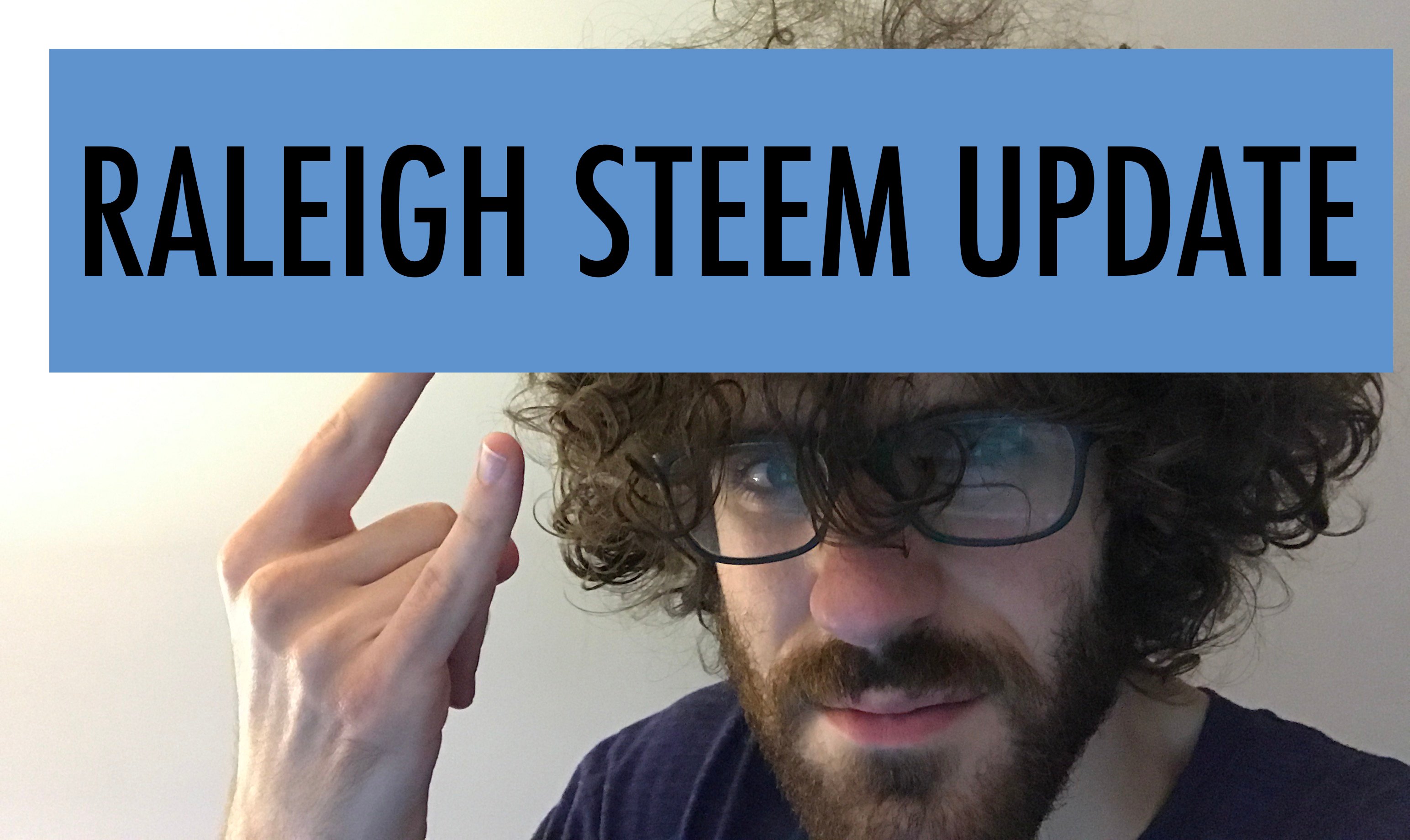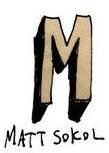Last night I met with some of Raleigh’s best musicians to talk about steem.

The Meeting: From Bitcoin to Steem
There were six of us in the room. Elijah Melanson ( @emelanson) was there - he's my bandmate in The Walding Family, and he's the one who originally introduced me to the group.
These guys once ran a legendary local house venue, The Kosher Hut, which shut down earlier this year after the landlord sold the property. They are the former tenants, bookers, and facilitators of the venue.
They had one question for me: WTF is Steem?

Nobody other than Elijah had any idea what steem was. I asked them if they had ever heard of bitcoin.
Their eyes lit up - they knew of bitcoin. “Yeah, I knew a weird fuckin dude in high school who used that stuff to buy shit online - he’s a multi-millionaire now. Are you one of those crypto-millionaires?”

$$$ crypto millionares $$$
I’m not - steem is my first major crypto investment - but I was happy to see that every person in the room was aware of bitcoin. For better or worse, they’d heard about it. I explained the history of Satoshi and bitcoin, pulling a few quotes from The Sovereign Individual (1997) to show that the ideas of cryptocurrency went back decades.
Most importantly, I emphasized this: “Bitcoin has been around for about nine years now - and it’s never been hacked.”
Logan, the business-minded member of the team, had a wonderful response: “Of course not- it’s blockchain. You can’t hack it, I understand that.”

You never know what people are going to think about bitcoin, or blockchain in general - so I was absolutely stoked to see that these guys got it on some level. They weren’t bitcoin owners, but they understood that blockchain is a safe and secure system. I could tell that they were ready to learn about altcoins.
Explaining Altcoins
“Has anybody here heard of Ethereum?”
This time, nobody nodded. The silence hung in the air for a second, a unanimous shaking of heads: no. Here was where my explanatory skills would be put to the test.
“Ethereum was created by this young genius, Vtalik Buterin, on the idea that you could have a programmable blockchain. A blockchain program, or "smart contract," works on the same principle that a vending machine does. When you use a vending machine, you enter an agreement to give it a certain amount of money for a soda - and the machine gives you any excess money back. In other words…”

The original smart contract. Source: Pixabay
“Imagine a soda costs $2. You put a five dollar bill into the machine. The contract is simple: The machine will give you the soda, plus three dollars, after you give it five dollars. Smart contracts are like that, but with way more options.”
Logan asked a few more questions, and I admitted that I don’t understand the specifics of smart contracts super well. Nonetheless, I had one more example up my sleeve.
“OK, here’s one more example - this is the last one I can give, basically - think about a multi-signature cryptocurrency wallet. If Joe, John, and Jessica all put $1,000 into a wallet, they can set it up so that at least two of them need to be present to withdraw funds. Then if Joe gets desperate and tries to withdraw money alone, he can’t - because the smart contract says that two out of three keys must be there.”
The group nodded in affirmation. They could grasp the general concept.
“So what about Steem?”

We were closing in on the central question: How can we raise money to fund a local venue via the blockchain? It was time to explain steem.
“It’s a lot like reddit - except upvotes generate money. The thing is, it isn’t a purely democratic system - one vote does not equal one ‘point’ like on reddit. Instead, the amount of steem that you hold determines your proportional share of voting power.”
“It’s an inflationary currency, so right now it inflates by about 8% each year. That will go down to a final rate of about 1%, where it stays forever, in 20 years. It’s a gradual decline between now and then. The newly minted cash is distributed via a daily ‘reward pool,’ and that’s what the votes are allocating.”

inflation isn’t always bad :-) // source: pixabay
Of course, there were many questions. I showed them my steem wallet & explained that all wallets are public. I went on to explain the difference between steem, steem dollars, and steem power. I even showed them how I can withdraw money to USD by selling steem on bittrex and then cashing out litecoins through my Coinbase account.
It’s a lot of info, and I had to move slowly, patiently. There were a lot of good questions, and a reasonable amount of skepticism. Yet, by the end of the conversation, I knew the group was very excited about what steem has to offer.
Logan gave it a conditional seal of approval: “Yeah, I think this looks legit. I need to play with it for a few weeks before I can be sure - but if I do that and feel good about it, I think we should do this.”
The group nodded in agreement.
Conclusion
It’s happening! We now have a team of six people who are determined to launch a music venue in Raleigh, partially funded by the steem blockchain.

Logan and the rest of the group are going to poke around steem for a few weeks with personal accounts to see how it all works. They’ll get some experience and develop more comfort with the system. As soon as they are ready, we will set up an official account for the venue and start raising funds.
I’ll be providing more updates - once or twice a week for now - through my own account. Once the venue account is created, all this info will shift over there and official fundraising (with all the necessary checks and balances) will begin.
Right now, all I need is for steem to keep being as awesome as it is. In the near future, I’ll outline the fundraising plan. That’s when this project really gets going.
Do you have any questions or comments so far? I’d love to hear your feedback… let’s talk about it in the comments :-)


